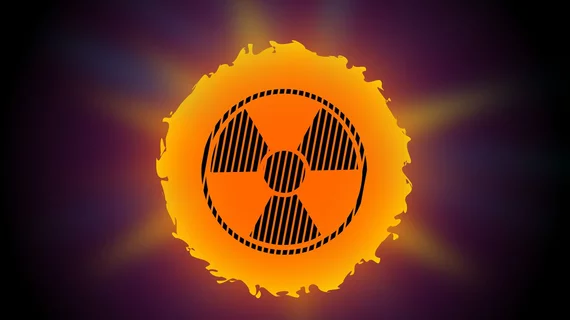Warning: Sidelined reactor could trigger medical isotope shortage
A critical medical isotope may soon be in short supply, according to reports from suppliers and Nuclear Medicine Europe.
The impending shortage pertains to molybdenum-99, or Mo-99. A structural issue has occurred with a pipe within the high-flux reactor (HFR) in Petten, Netherlands. An inspection revealed that the pipe will require immediate repair.
Prior to the inspection, the HFR was set to undergo planned maintenance in December. This repair was planned around the routine maintenance of other HFRs to avoid interfering with the supply of medical isotopes. However, due to the urgent need of the repair, the supply and distribution will inevitably be affected, as the scheduled maintenance of other reactors cannot be changed.
Mo-99 is critical to the field of nuclear medicine. Its decay product—technetium-99m, or Tc-99m—is used in up to 50,000 medical procedure every day in the United States alone, according to an estimate from the Society of Nuclear Medicine and Molecular Imaging (SNMMI). At a minimum, it could be several weeks before the repair is completed, the American Society of Nuclear Cardiology is reporting.
This is not the first time the reactor has been unexpectedly sidelined. In early 2022 the Dutch reactor underwent an unplanned outage that disrupted the supply chain of Mo-99 and Lu-177 for months. During that time, other HFRs upped their own production to address the shortage but it is currently unclear whether that will be a possible mitigation tactic this time around.
Health Imaging will update this story as more details become available.

